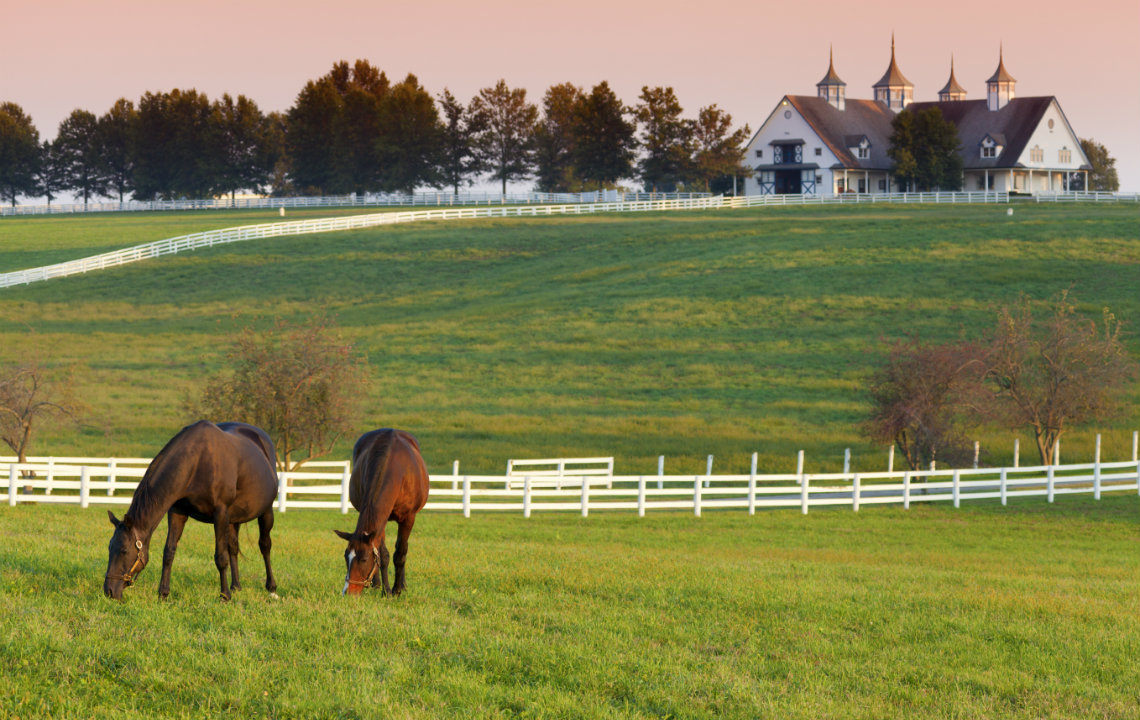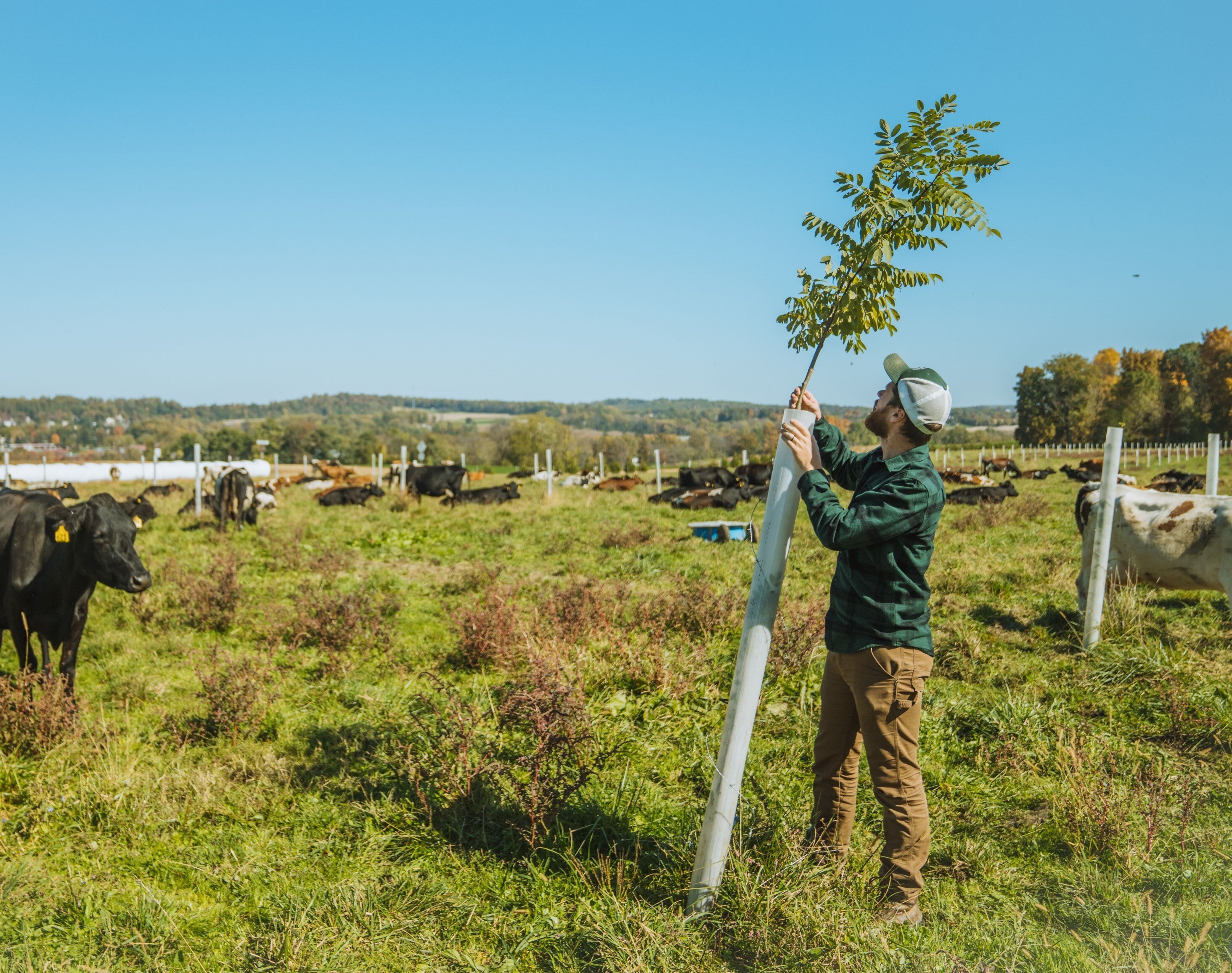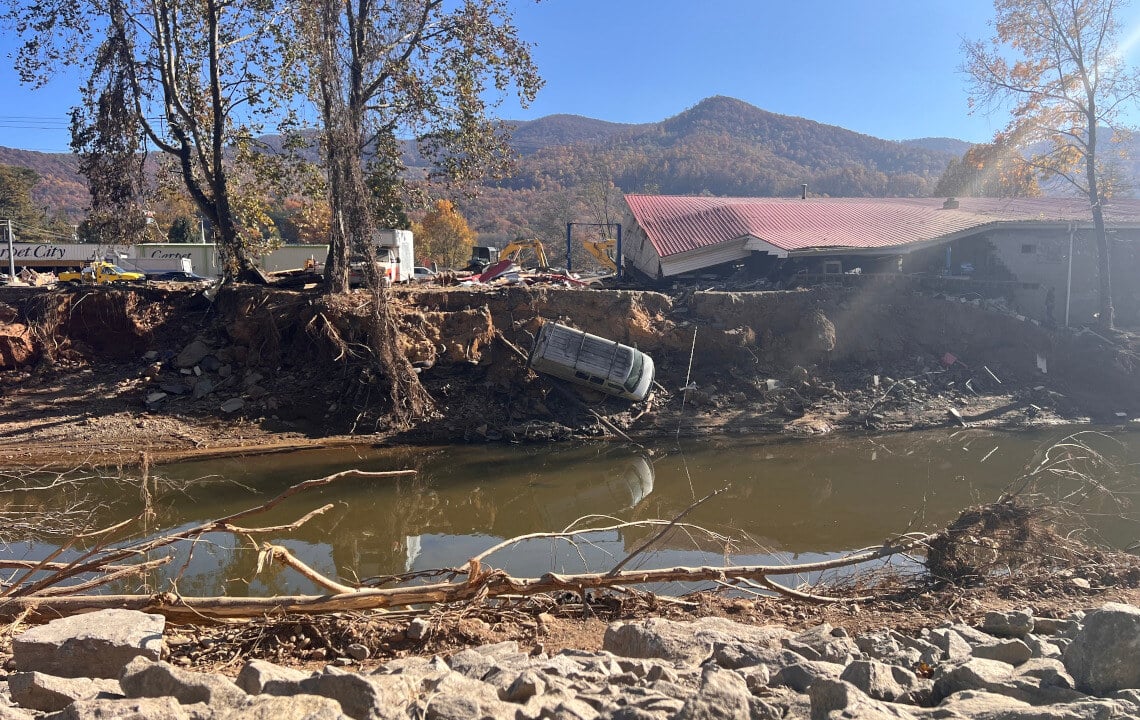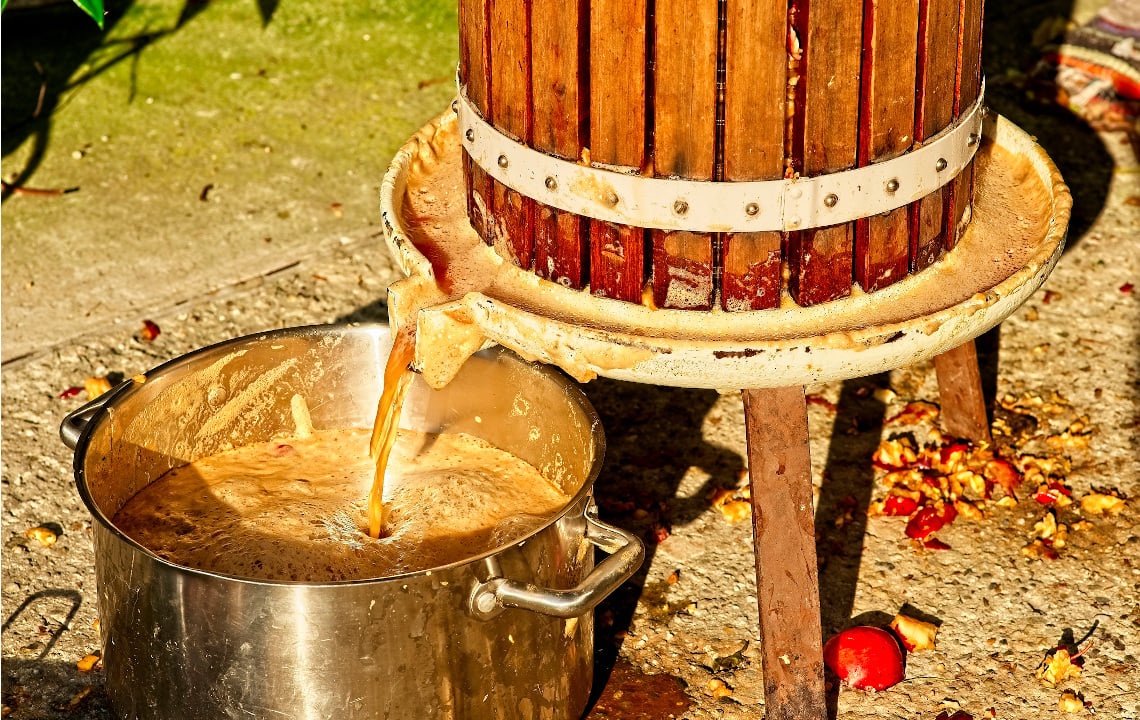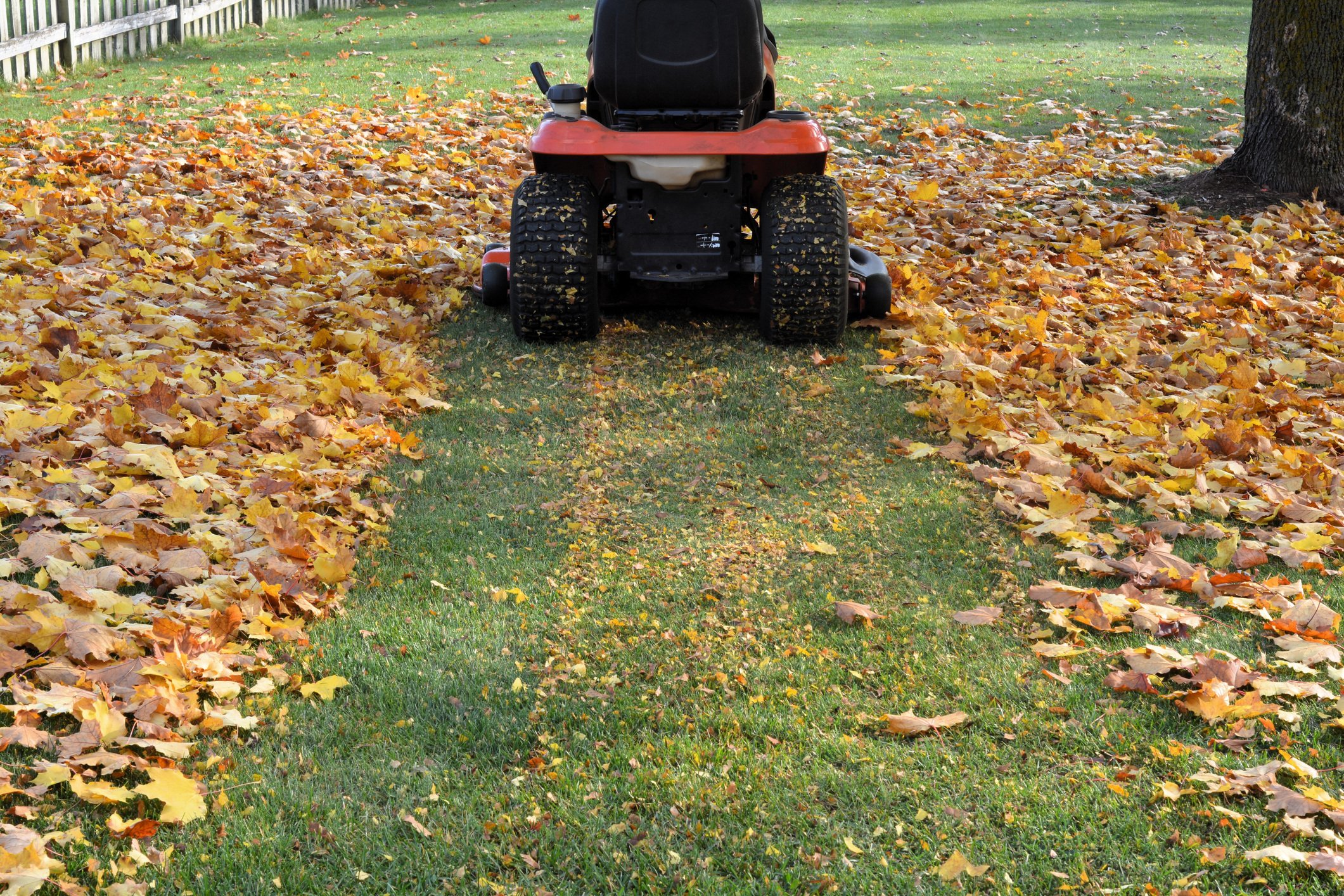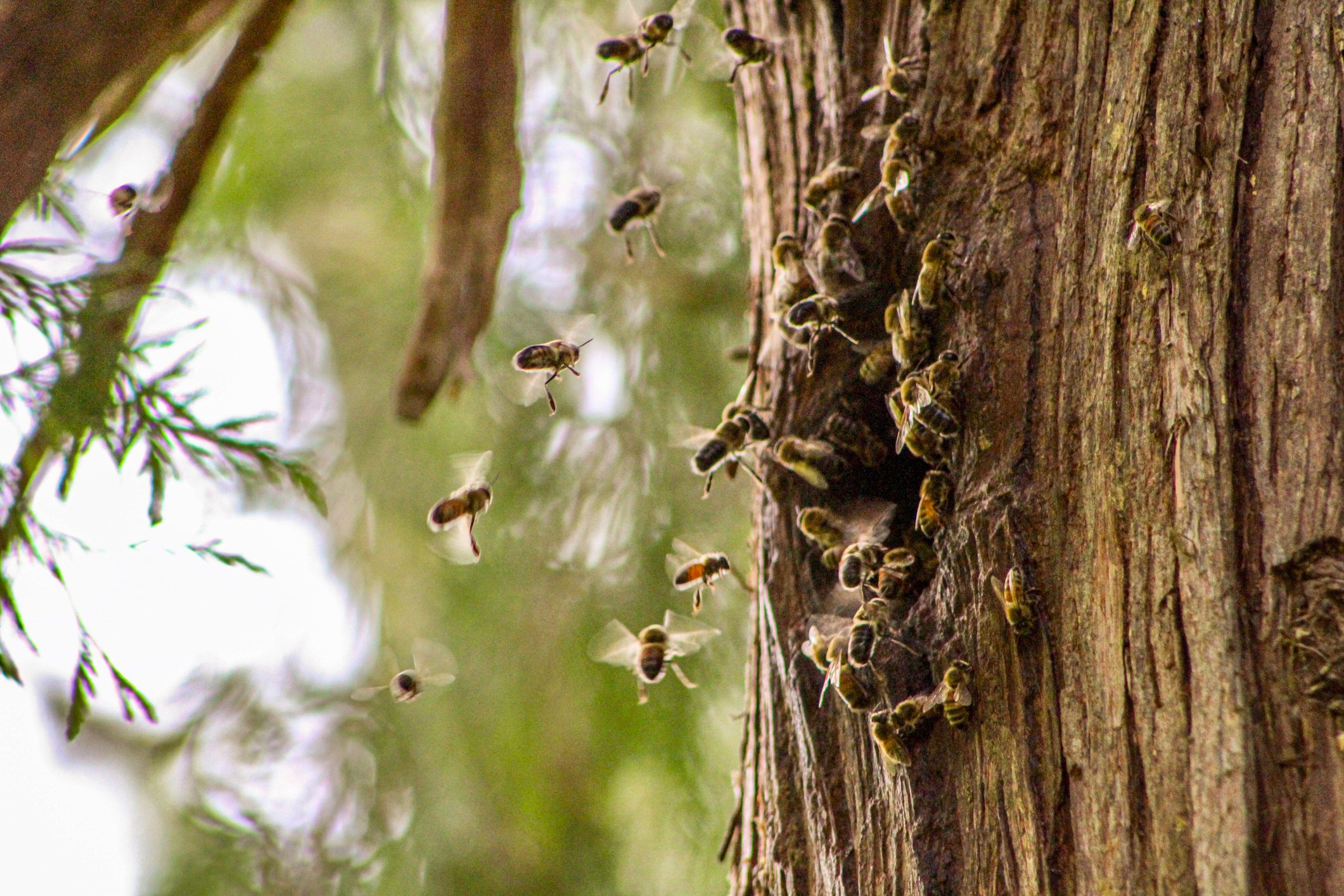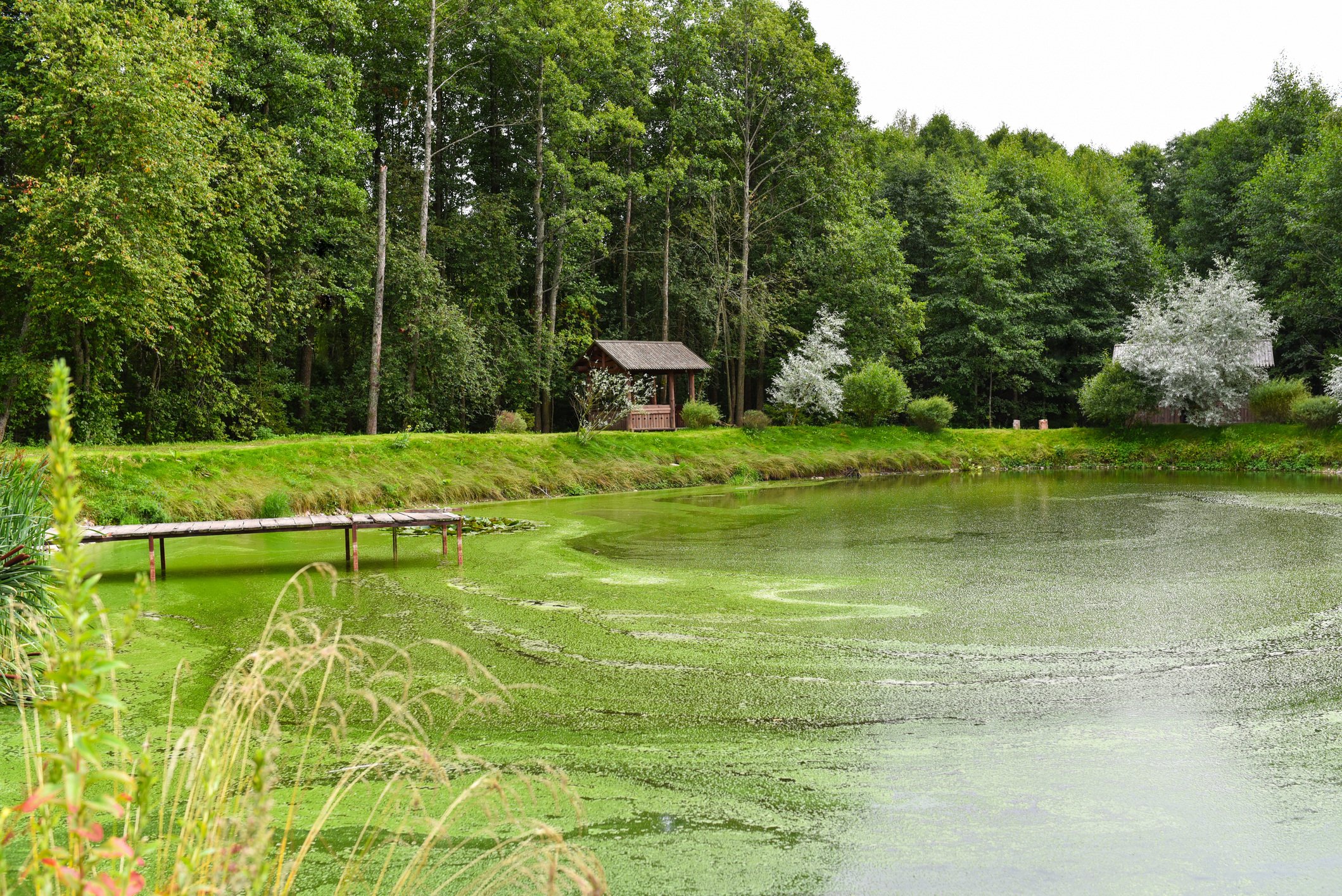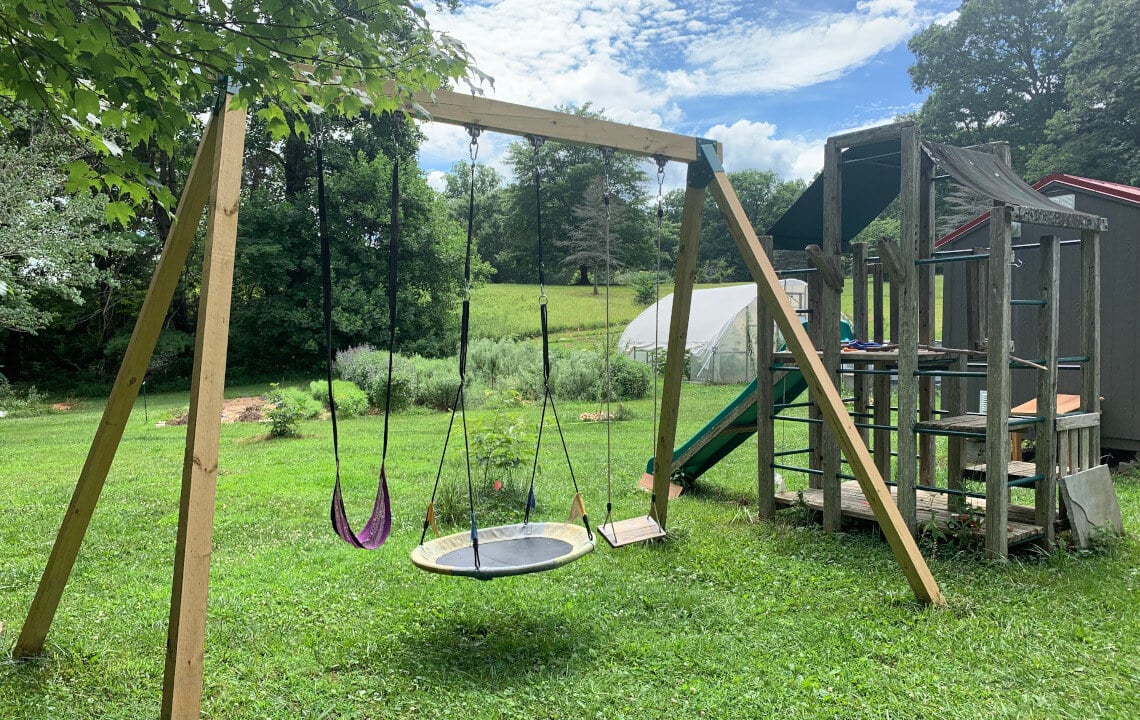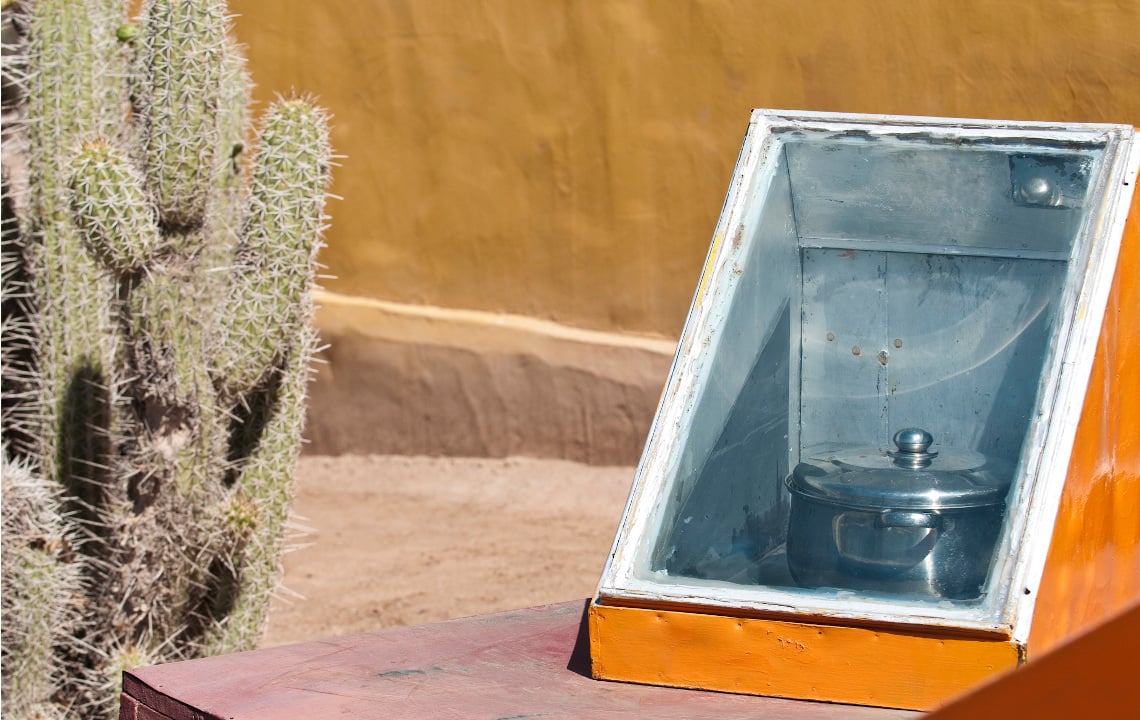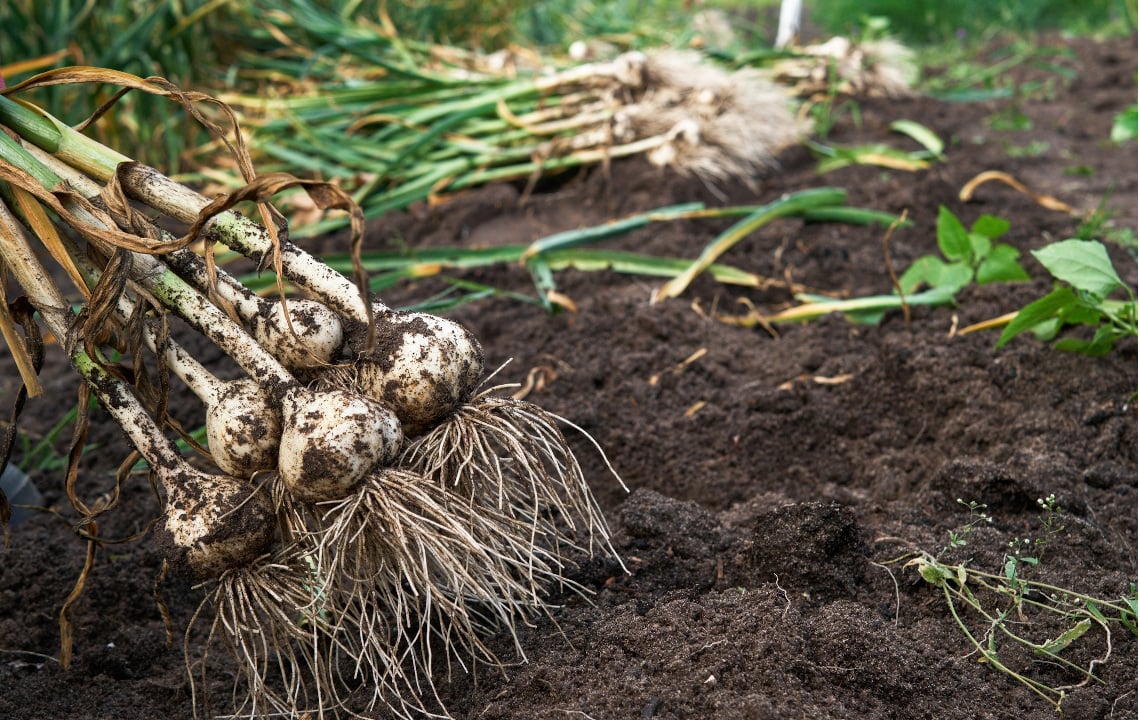Kentucky horse farming management expert Ron Wallace explains how many acres of land you need to raise or board horses.This is the fourth article in our six-part series, "How many acres do you need?" Tomorrow, we'll talk about how much acreage you need for a hunting getaway. And be sure to check out the first three installments:
- How many acres do you need for a CSA or Market Garden?
- How many acres do you need for an outdoor retreat?
- How many acres do you need for a hobby farm or homestead?
Many aspiring landowners dream of keeping horses, either for pleasure or profit.
According to a 2006 report from the Food and Agriculture Organization of the United Nations, the United States has approximately 9.5 million horses, 2 million horse owners and Texas leads the nation in overall horse population.
Raising horses on your land or hobby farm can be fun, rewarding and offer some lucrative business opportunities; but it takes careful planning, experience, skill and a whole lot of research.
 For answers on what type of land it takes to raise horses, we turned to horse farming management expert, consultant and President of Equine Farm Management in Kentucky, Ron Wallace.
For answers on what type of land it takes to raise horses, we turned to horse farming management expert, consultant and President of Equine Farm Management in Kentucky, Ron Wallace.
Wallace holds a master’s degree in reproductive physiology and has managed, operated and designed horse farms for more than 30 years. In addition to consulting nationally, he currently runs a thoroughbred property near Midway, Kentucky.
What size and type of land is recommended for raising or boarding horses?
There are numerous factors to consider when deciding what type of land to purchase for a horse farm, from your location to the type of services you wish to offer.
“The type of land you’ll need varies on where you are in the country. Our rule of thumb in Lexington is four acres per horse, and you can get away with a little less or more, it just depends on how well-maintained you want your farm to be,” says Wallace, adding, “The 4-acres-per-horse rule pertains to breeding horses who are turned out [to graze on pasture] about 80 percent of the day.”
But not every type of horse farm or boarding operation requires turnout, which will affect your acreage. Wallace explains:
“For example, for sport horses you’d focus on having very nice facilities, such as arenas and barns, on very little land. Or if you’re just offering stalls then you don’t need much land either. But if you’re offering turnout then you need enough land to support your horses and maintain your pasture.”
How much land does Ron use on his property?
“I usually like to have 100 acres per 20-stall barn, but that’s for a thoroughbred breeding operation with three 25-acre fields in operation with one resting.”
Factors to consider when choosing your land to board or raise horses on:
If you plan to offer horse boarding or other types of equine services, there are legal matters to investigate such as zoning regulations, restrictions on the number of horses you can have and business permits.
You must also research the need and demand for boarding or other equine services within the community.
“You also have to think about suppliers, where will you get hay? Where will you get grain? Is your farm convenient to freeways? Is there a veterinary clinic nearby? All these factors are important to consider based on your operation,” Wallace says.
Hay is a big factor when deciding on the type of property you want and how large an operation you wish to run.
“Some farms cut and manage their own hay which will reduce costs, but that requires more acreage. Most farms bring in their hay,” explains Wallace.
If you plan to graze your horses you’ll also need to factor in rotational grazing and pasture management, which may mean bringing in other livestock to help improve your grass.
What type of animals?
Ron, along with many other horse farmers in his area, use cows to benefit their pastures. He has also tried using sheep but found their husbandry too labor-intensive for, as he put it, “a horse person.”
Again, it all goes back to the type of horse farm you wish to run, the clientele you want to attract and the natural resources on your land.
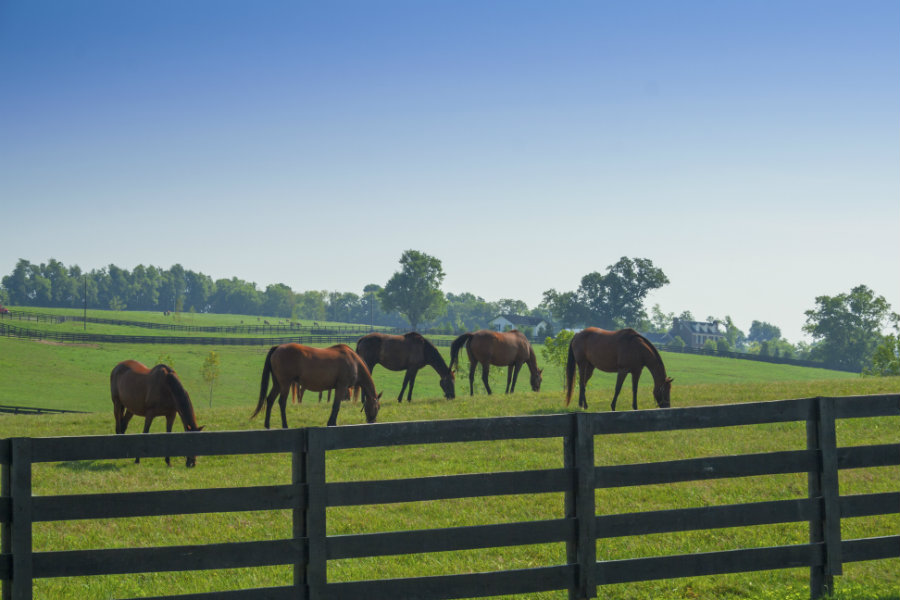
Part-time horse boarding on a hobby farm
Horse boarding on a hobby farm can be accomplished on a part-time basis, but would require keeping your operation, acreage and service-list smaller than a full-time venture.
For example, on a 5-10 acre hobby farm Wallace says you could have 5-6 stalls maximum with very limited turn out.
It also takes a significant investment to get a boarding business off the ground.
If you have an existing barn with useable stalls, that will save you a lot in startup costs.
“Barns generally run $6,000 to $20,000 per-stall depending on how fancy you want to make them,” Wallace says. “You also have to have a place to keep hay, a place for your equipment and if you want to hire help, you may have to have a place for them to live as well.”
How “fancy” you want to make your stalls depends upon the type of clients you wish to attract, your rates and the focus of your business.
Caring for horses also takes skill, patience and experience (you’re taking full responsibility for a paying client’s horse’s health and well-being) so if you’re brand new to the boarding business, it is advisable to hire some experienced help.
Other ways to diversify your land and offer more value-added services
“You can offer overnight facilities for horses being transported (known as horse motels), or offer clinics and lessons,” Wallace says. “You just really have to focus in on who your clients are and who you’re trying to serve.”
Many small farms also offer therapy riding, birthday parties, field trips, horse sale events, day camps, mommy (or daddy)-and-me lessons and tours, and used tack and equipment sales. They also create strategic partnerships with photographers for on-site photo sessions (weddings, engagement photos, etc.).
On- or off-site trail riding can be another way to earn some extra income for your farm. And if you can find land in close proximity to public riding trails, you’ll reduce your acreage requirements and save yourself a lot of trail blazing work.
How to simplify your search for property suited to boarding horses
Though searching for an ideal piece of property to start a horse farm is not simple, Wallace had this nugget of advice:
“So many people will buy a farm or piece of land before they really know what to do with it. And I always wish I could have talked to these people before they bought their land. That way I could help them find the best type of land to suit their needs.”
If you have equine experience, a desire to move to the country and know what you want in a piece of land for your horse farm, remember to plan carefully, research diligently and consider enlisting the help of a consultant.
By following these steps you will help simplify your property search, save yourself a ton of money (and headaches) and start your dream farm business off on the right foot.
For more information on starting up a horse farm Ron recommends “The Horse” magazine and the University of Kentucky’s Equine Animal Food and Science site.
To learn more about Ron Wallace’s equine farm management consulting services (for both aspiring, new and established horse farmers and boarders) visit www.equinefarmmanagement.com.
And for more information on boarding horses on your hobby farm, check out this detailed article by Sue Weaver at Hobbyfarms.com.


